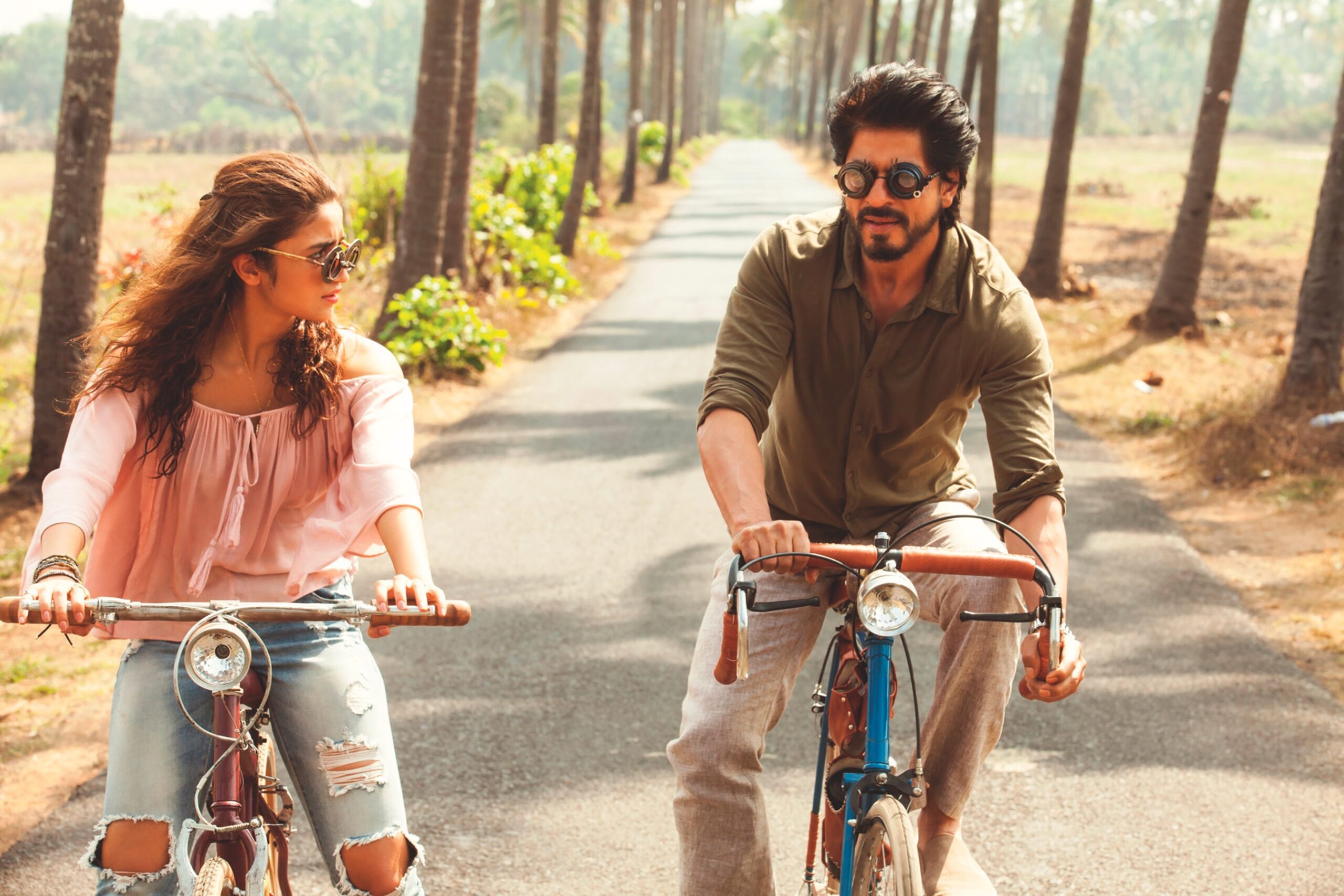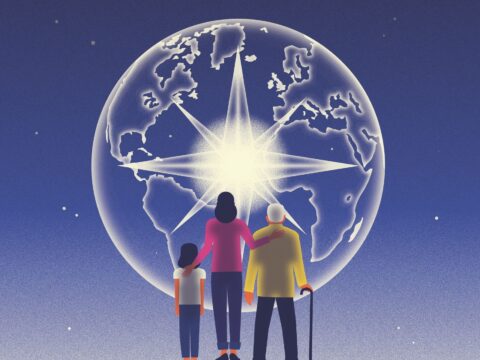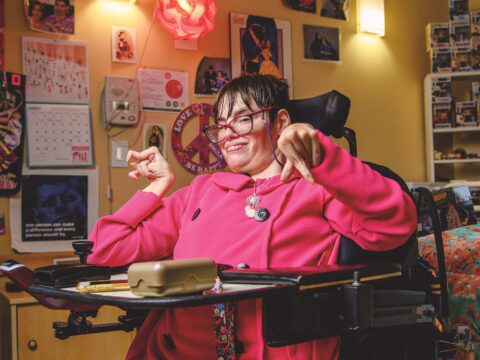Bollywood has never failed to blow my mind, inspire me, empower me or teach me history — and harsh lessons. The world’s largest film industry is not just about entertainment; it is also part of every Indian’s identity, no matter where they live. With a pinch of emotion, lots of colours and some foot-tapping music, these films tell the myriad stories of India, from frothy romances to harsh socio-economic realities.
And they continue to teach me important life lessons.
You may unsubscribe from any of our newsletters at any time.
1. Live each day like there’s no tomorrow. Three childhood friends go to Spain in Zindagi Na Milegi Dobara (Life Doesn’t Come Again). Along with the adventures, they have to face their own anxieties and fears. I was so inspired by this movie I decided I wanted to pack my bags and head to the Everest Base Camp. All of 26, I hit the gym and worked on my stamina for a year before I took off. The biggest obstacle, however, was my family, who believed going to the Himalayas was only meant for sages and religious gurus, not for those who seek adventure.
More on Broadview:
- ‘Night Raiders’ shows the power of sci-fi and horror to illustrate Indigenous experiences
- Afrofuturism gives historically oppressed voices a chance to create a better future
- What is cultural appropriation, and how can we avoid it?
2. The education system in India needs to change. India produces the largest number of engineers and science graduates in the world. In 3 Idiots and Taare Zameen Par (Like Stars on Earth), actor Aamir Khan taught me there is more to success than good grades and an engineering degree. While every second person around me was deciding to pursue science, I opted for journalism. My relatives and friends laughed at me for choosing a career that they thought had no future and which they did not believe was meant for women. Still, my parents supported me. As a mother, I now know never to pressure my child!
3. Let go. When Kangana Ranaut’s fiancé calls off the wedding in Queen, she defies the shame and embarrassment from her Delhi family and goes on her European honeymoon by herself. She makes new friends who don’t judge her, which is a novel experience for her. She learns to love herself. She finds closure and feels liberated. This movie pushes against India’s very traditional and socially conscious society. This is an I-can-watch-it-a-zillion-times movie that instantly boosts my self-esteem and makes me fall in love with Paris again and again.
4. Be aware of mental health. Mental health issues like depression, anxiety and panic attacks are not discussed openly in India due to social stigma and fear. Dear Zindagi (Dear Life) broke barriers and preached that asking for help is not wrong. When Alia Bhatt’s career and relationship suddenly crumble, she seeks out a psychologist for her insomnia, and only through therapy learns the roots of her own behaviour. For me, talking about past relationships with my parents and reaching out for professional help didn’t feel all that difficult anymore.
While Bollywood movies might feel like breezy, cutesy masala rom-coms, they use their cultural influence to nudge Indians and other fans to break down social barriers. Here’s me waiting for my next Bollywood lesson!
***
Mrinalini Sundar is a Toronto-based freelance writer with a special focus on South Asia.
This column first appeared in Broadview’s December 2021 issue with the title “What I learned from Bollywood.”













